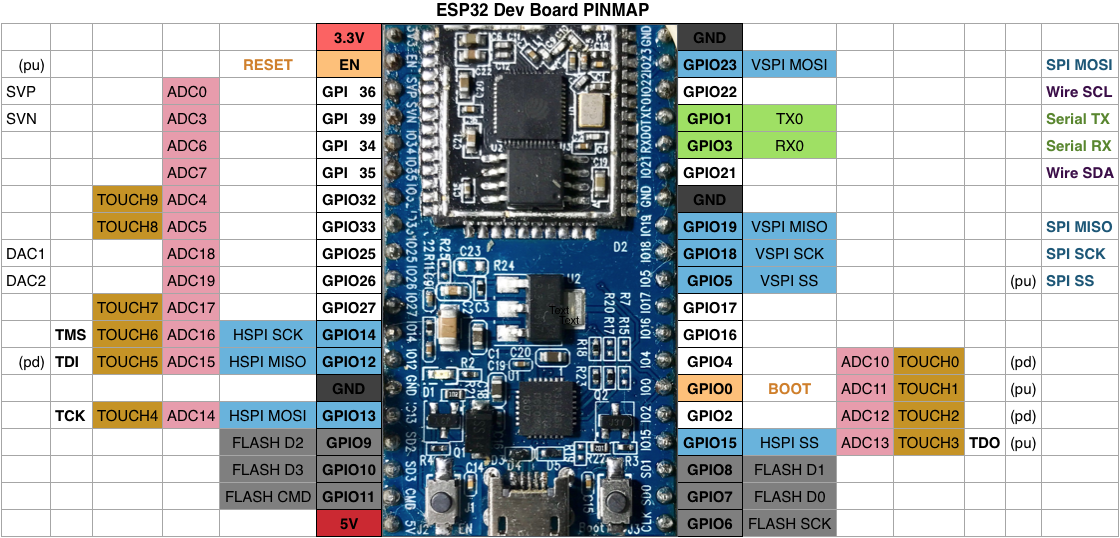EEPROM.h uses data types which are declared through Arduino.h but that file does not contain an #include directive for Arduino.h. This does not cause any problems when the EEPROM library is #included from a .ino file because the Arduino IDE automatically adds an #include directive for Arduino.h but this is not the case for .cpp files. If a .cpp file has an #include directive for EEPROM.h that does not follow an #include directive for Arduino.h then compilation fails:
E:\arduino\hardware\espressif\esp32\libraries\EEPROM/EEPROM.h:91:5: error: 'float_t' does not name a type
float_t readFloat(int address);
^
E:\arduino\hardware\espressif\esp32\libraries\EEPROM/EEPROM.h:92:5: error: 'double_t' does not name a type
double_t readDouble(int address);
^
E:\arduino\hardware\espressif\esp32\libraries\EEPROM/EEPROM.h:95:5: error: 'String' does not name a type
String readString(int address);
^
E:\arduino\hardware\espressif\esp32\libraries\EEPROM/EEPROM.h:110:36: error: 'float_t' has not been declared
size_t writeFloat(int address, float_t value);
^
E:\arduino\hardware\espressif\esp32\libraries\EEPROM/EEPROM.h:111:37: error: 'double_t' has not been declared
size_t writeDouble(int address, double_t value);
^
E:\arduino\hardware\espressif\esp32\libraries\EEPROM/EEPROM.h:114:37: error: 'String' has not been declared
size_t writeString(int address, String value);
Arduino core for ESP32 WiFi chip
Need help or have a question? Join the chat at 
Contents
- Development Status
- Installation Instructions
- Decoding Exceptions
- Issue/Bug report template
- ESP32Dev Board PINMAP
Development Status
Most of the framework is implemented. Most noticable is the missing analogWrite. While analogWrite is on it's way, there are a few other options that you can use:
- 16 channels LEDC which is PWM
- 8 channels SigmaDelta which uses SigmaDelta modulation
- 2 channels DAC which gives real analog output
Installation Instructions
- Using Arduino IDE
- Using PlatformIO
- Building with make
- Using as ESP-IDF component
- Using OTAWebUpdater
Decoding exceptions
You can use EspExceptionDecoder to get meaningful call trace.
Issue/Bug report template
Before reporting an issue, make sure you've searched for similar one that was already created. Also make sure to go through all the issues labelled as for reference.
Finally, if you're sure no one else had the issue, follow the ISSUE_TEMPLATE while reporting any issue.
ESP32Dev Board PINMAP
Hint
Sometimes to program ESP32 via serial you must keep GPIO0 LOW during the programming process
Description
Languages
C
77.6%
C++
21.6%
Python
0.7%
